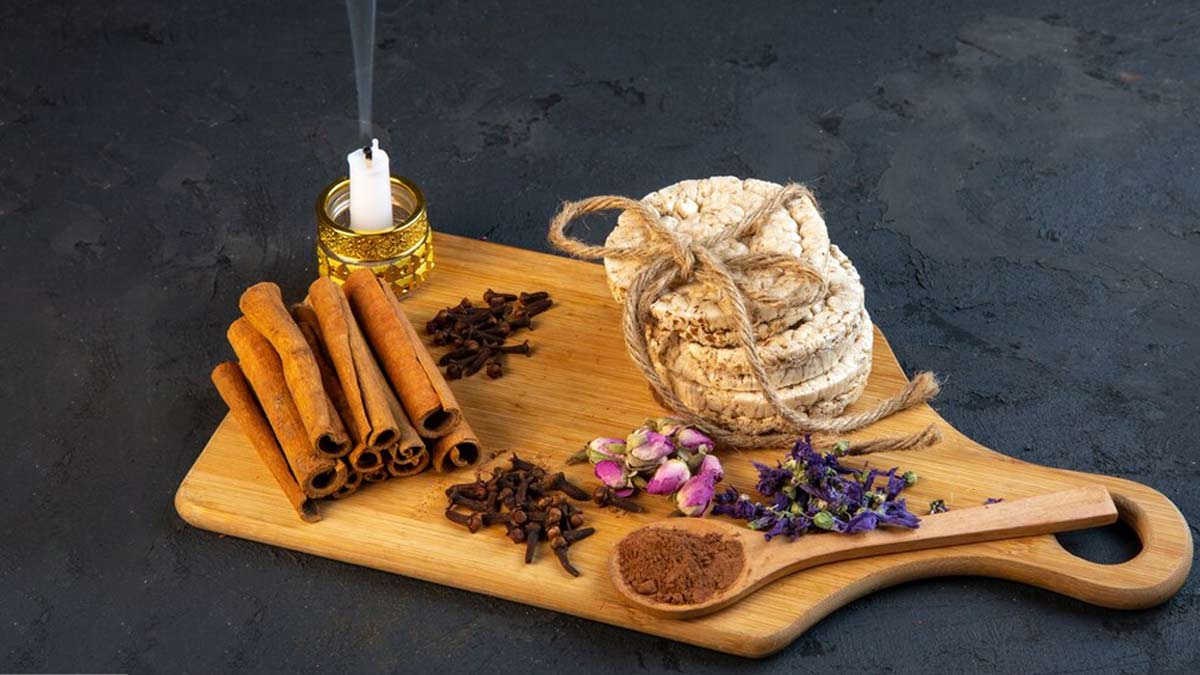
Ayurveda, a comprehensive medical system, emphasises the promotion of overall well-being rather than merely addressing specific ailments. In the treatment of musculoskeletal disorders affecting the bones, joints, muscles, ligaments and nerves, Ayurveda has demonstrated exceptional efficacy, surpassing conventional approaches in addressing both inflammatory and non-inflammatory conditions. Dr Aramya AR, Senior Research Officer and Physician, AVP Research Foundation shares seven ayurvedic herbs and spices that can provide effective relief.
Table of Content:-
The optimal treatment strategy for this condition necessitates a comprehensive and multifaceted approach. This approach should integrate various elements, including a combination of internal medicinal interventions and external therapeutic modalities, coupled with dietary considerations and lifestyle modifications. The integration of these various components is essential to deliver a favourable treatment strategy.
Herbs for Musculoskeletal Pain Relief
Certain herbs have been found to be effective in alleviating pain associated with musculoskeletal disorders:
1. Ginger
Ginger, known as Zingiber officinale, is commonly used in its dried form, referred to as Shunti, in various Ayurvedic formulations. According to Dr Aramya, “ It possesses a warm quality and is effective in alleviating pain and reducing inflammation, primarily due to the presence of compounds such as gingerol. External application of ginger has been observed to provide a soothing effect on the muscles as it enhances blood circulation.”
Also Read: 5 Reasons Why Ginger Is Good For Men’s Health
2. Turmeric

Turmeric, scientifically referred to as Curcuma longa, has a well-documented history as a natural pain-relieving agent. Traditional Ayurvedic practices have long acknowledged its capacity to alleviate discomfort and inflammation. This remarkable compound also boasts potent antioxidant properties, which safeguard tissues from the detrimental effects of oxidative stress, even in the context of persistent inflammatory conditions.
3. Ashwagandha
“Ashwagandha, a remarkable herb known as Withania somnifera, is renowned for its ability to regulate the immune system, particularly in cases of inflammatory rheumatic conditions. This potent plant can provide relief from the pain and discomfort experienced in muscles and joints, ultimately helping to alleviate stress and fatigue in the body's muscles,” shares Dr Aramya.
4. Garlic
Allium sativum, commonly referred to as garlic, is a potent medicinal herb utilized within the Ayurvedic medical tradition. It is employed in various formulations to treat rheumatic diseases, manage the inflammatory phase of such conditions, and alleviate the deeper pain experienced in joints and muscles, ultimately managing pain effectively.
5. Guduchi
Tinospora cordifolia, commonly known as Guduchi, is a powerful immunomodulator extensively utilized in Ayurvedic formulations. “It is found to be effective in alleviating pain and modulating various systems including autoimmune musculoskeletal diseases. Guduchi is renowned for its robust anti-inflammatory and rejuvenative properties, making it a highly effective therapeutic option,” explains Dr Aramya.
Also Read: Soothe Your Muscle Pain Naturally With These Ayurvedic Remedies
6. Guggulu

Commiphora mukul, commonly known as Guggulu, is a resinous substance that has been effectively used in the treatment of conditions such as gout and arthritis. This natural compound possesses the ability to reduce the accumulation of toxins (ama) in the joints, thereby facilitating detoxification processes. Furthermore, Guggulu is known to strengthen both the muscles and bones, and is even prescribed for certain neurological disorders.
7. Rasna
Pluchea lanceolata, taxonomically classified as Rasna, has been found to possess anti-inflammatory properties. It has the ability to act on pain pathways, effectively alleviating joint pain and stiffness. Additionally, it has been observed to inhibit the production of inflammatory cytokines. Furthermore, Pluchea lanceolata has the potential to reduce oxidative stress, thereby relieving spasms and stiffness.
The selection of appropriate drugs and treatments are determined by a comprehensive assessment of the patient's unique constitutional makeup, known as their dosha pattern, as well as the specific characteristics of their disease condition. To ensure the most effective and personalised Ayurvedic management of musculoskeletal disorders, it is advisable to seek the guidance of a qualified and experienced Ayurvedic practitioner.
Also watch this video
How we keep this article up to date:
We work with experts and keep a close eye on the latest in health and wellness. Whenever there is a new research or helpful information, we update our articles with accurate and useful advice.
Current Version